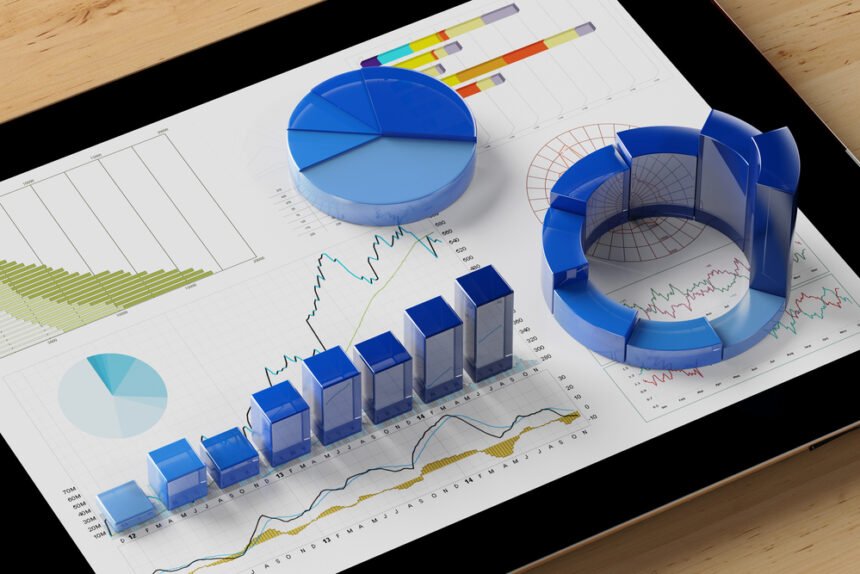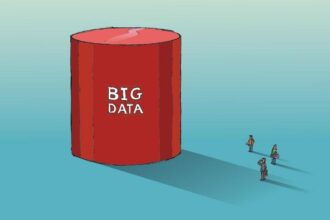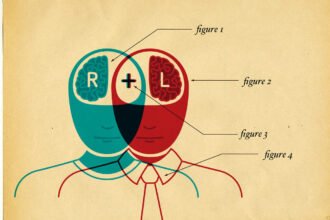Big data has evolved from a technology buzzword into a real-world solution that helps companies and governments analyze data, extract the meaningful statistics, and apply it into their specific business needs. It?s not so much the realization that this information is collected, but what can be effectively done with it. There is a use for big data in pretty much everything we do, with the economic forecasts proving to be no different.
The emergence of big data and artificial intelligence (AI) is no big secret in the private sector, but the use of it to improve the understanding of the economy and social issues ? and better direct policy creation to make significant changes. Both the quality and quantity of economic activity data have increased in recent years, and there is no reason that should suddenly stop any time soon.
Obviously, big data also is used by companies to help better understand their customers and partners, help design new products, and streamline how they deliver their services. It?s an incredible time in technology when data can be integrated to help predict how purchases are made, and major retailers such as Amazon and eBay already do this extremely well.
Economists now have the ability to shift from small sample data sets and government surveys to much larger data collections. Everything from employment data, wages, education, the rental and home owners? markets, and more can be quickly analyzed using computers. Big data might have a large impact, but won?t replace regular economic forecasting, a common tool used by economists.
With or without big data, don?t expect to see a policy research firm change course ? they will still focus on economics, macro strategy, investment strategy, and other key components of financial research. The use of recent tech trends helps given them even more tools at their disposal, along with micro-level analysis of information.
Better Economic Forecast
Big data allows for local, state, and national governments to collect varying levels of data, ranging from tax collection, education and demographics, social programs, and more. Being able to populate and study these varying data sets definitely allows for a stronger economic forecast.
Data can also be moved from yearly or quarterly data sets down to a granular level of minute-by-minute or hour-by-hour. As researchers are able to better determine what information is important to them, then the information collected can be carefully refined. The development of guidelines to help cater to these new time frames must be drafted, because not all information needs such a frequent reporting pattern.
It?s not just public sector government entities able to enjoy the use of big data, either. Private sector data is expanding, including information from public sources, providing a much more comprehensive image of both public and private sectors overall economic health.
Challenges
Too much of a good thing can actually be detrimental ? and big data is no different. There are some major concerns that must be addressed, such as privacy and confidentiality. It doesn?t matter if it?s public or private data, but what is collected, who has access, and what is done with that data are all key areas of concern. Keep in mind, time is money, and trying to make sense of unstructured data can be an extremely burdensome task.
Also, finding ways to manage the data and create new programming abilities to make the information scalable must be addressed. Companies must be extremely cautious when they decide to share data with researchers, as they must disclose this fact to their customers. Even when they do that, they open themselves up to additional liability if there is a data breach or some other issue arises.
Standard computational resources must change to adapt to big data, and new tools and user interfaces need to be created to adapt to these changes. Even though big data is expected to improve consumer protection and decision-making by governments and regulatory bodies, there is concern that the use of big data may actually increase inequality.
Final Thoughts
Economists must still be careful in the age of big data, and avoid getting buried in an avalanche of needless information. Since every little scrap of information can be populated ? much of it not important depending on the scope of work ? so expect to see better measurement strategies implemented in the future.
As economists become more comfortable with this data, they?ll be able to pose better questions regarding the economy, populations, and other key groups they hope to analyze.










